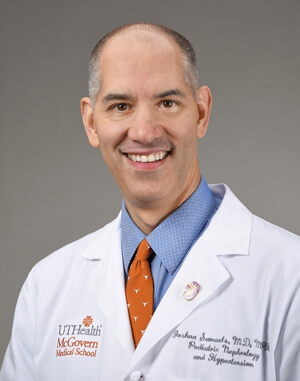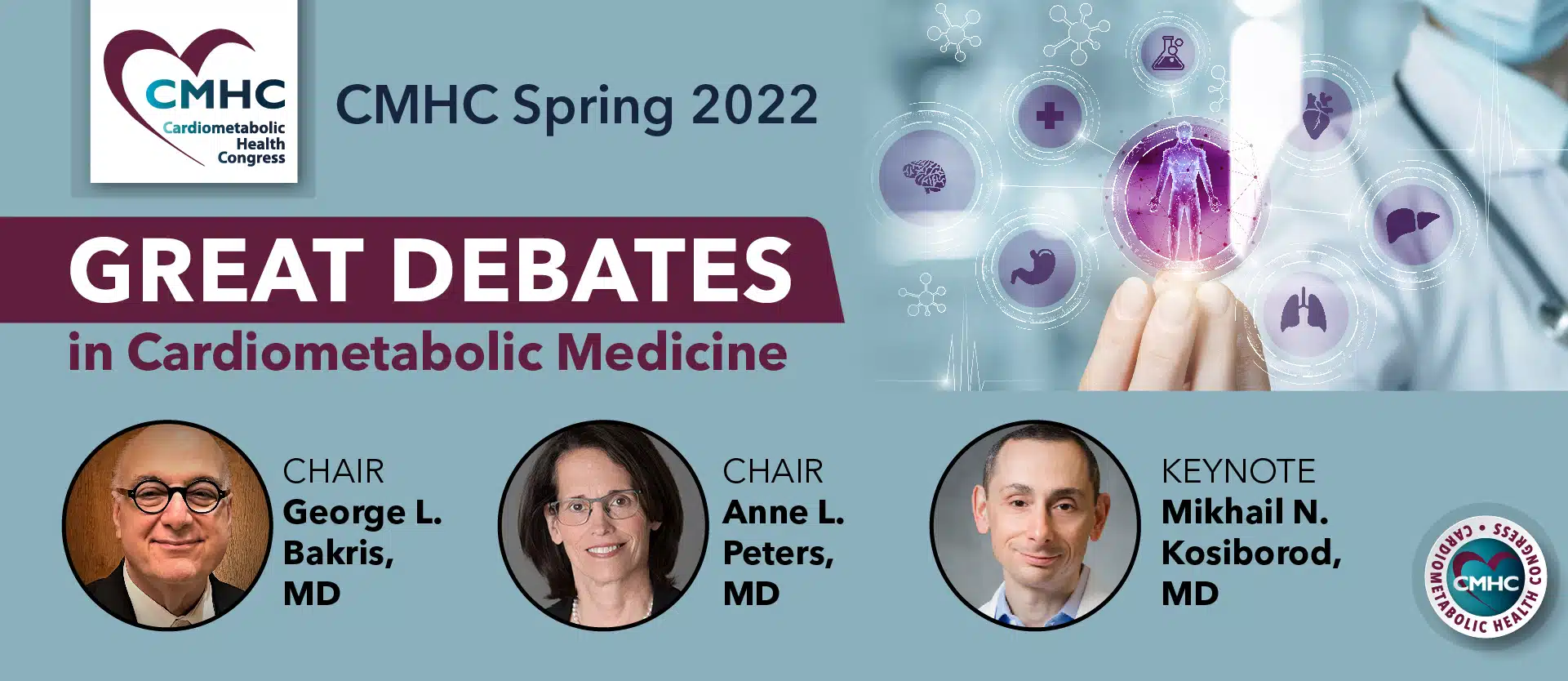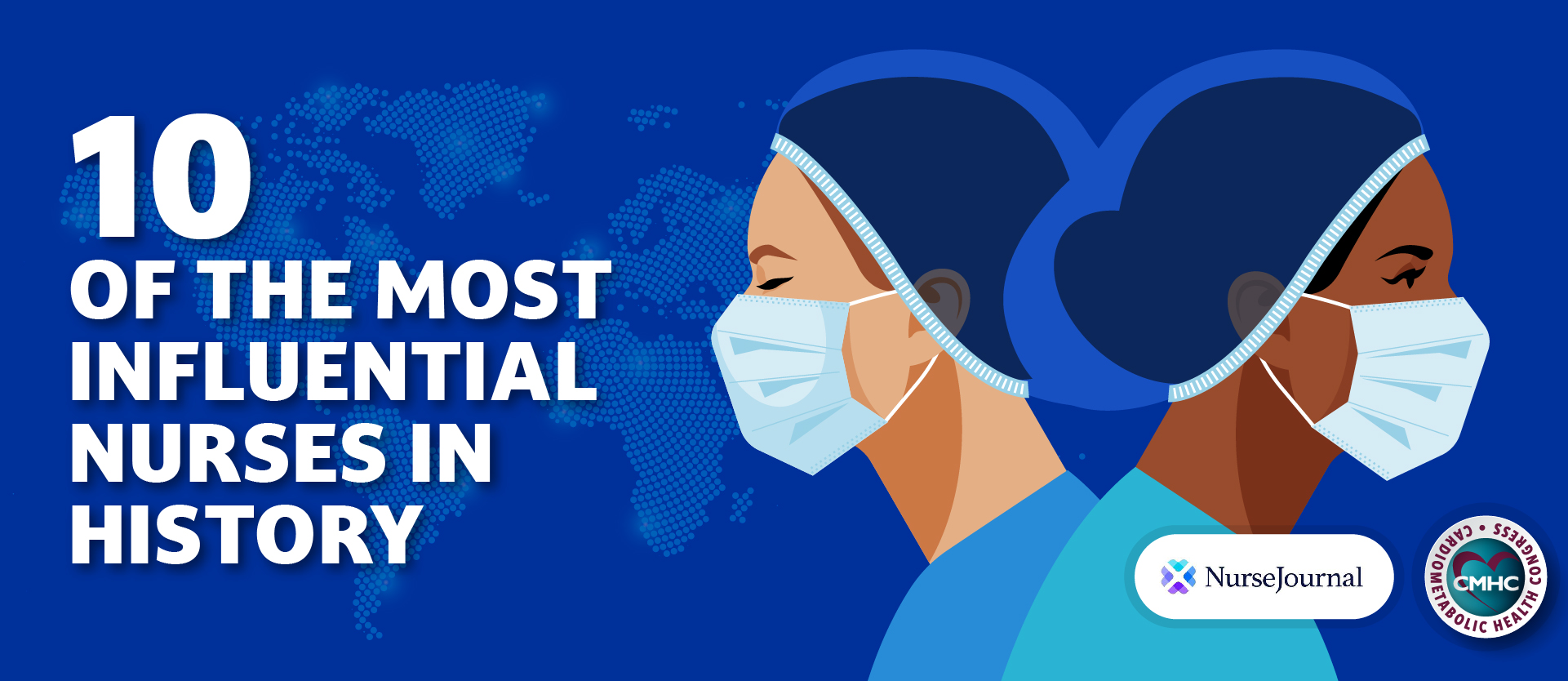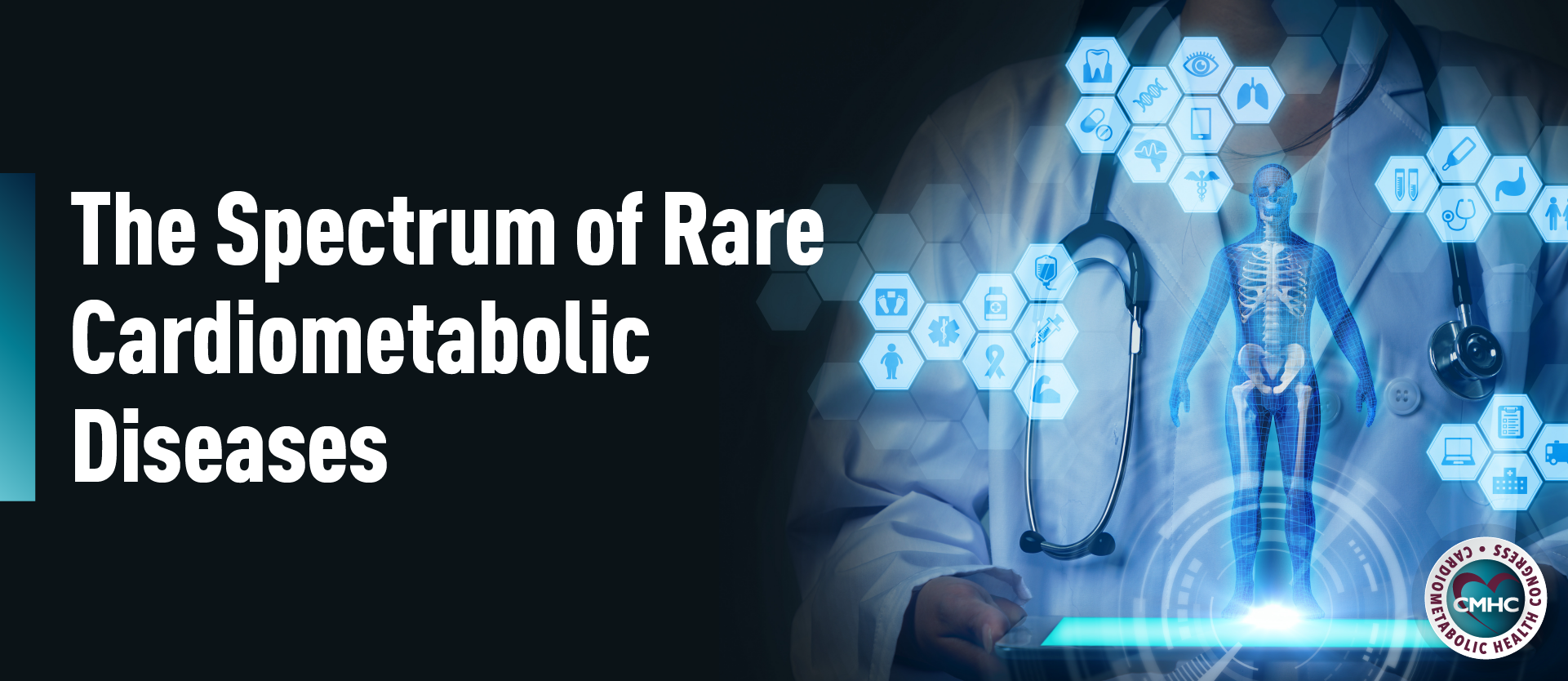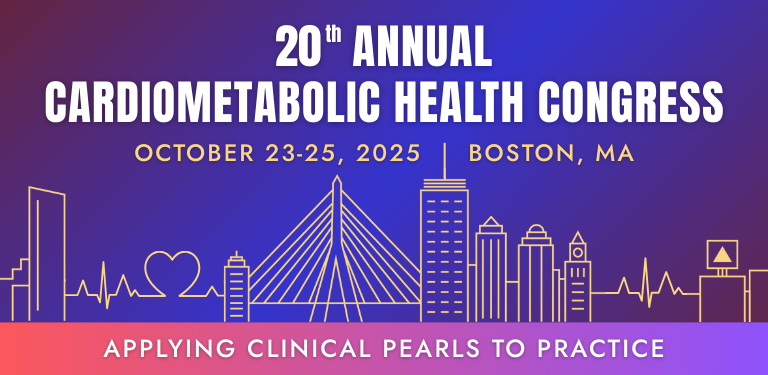Two new studies highlight the negative impact of depression on the health outcomes and health-related quality of life of people with cardiovascular disease.
A new study has found that undiagnosed depression can significantly affect the lives of those who had a heart attack, and an increasing body of evidence points to a strong correlation between depression and heart disease risk.
One such study earlier this year reported that depression raises the risk of abnormal heart rate by almost a third, and other research pointed out that having both depression and heart disease can raise the risk of premature death by twofold.
The link between depression and heart health, while very strong, is also a complex one; the causality behind it remains unknown.
Dr. Victor Okunrintemi — the lead author of the two new studies and a research fellow at Baptist Health South Florida in Coral Gables, Florida — comments on this complex dynamic between the two conditions. “While we don’t know which comes first — depression or cardiovascular disease — the consensus is that depression is a risk marker for cardiovascular disease, meaning if you have cardiovascular disease, there is a higher likelihood that you could also have depression, when compared with the risk in the general population.”
In an effort to shed some light on this phenomenon, Dr. Okunrintemi and colleagues conducted two studies, the findings of which were presented at the American Heart Association’s Quality of Care and Outcomes Research Scientific Sessions 2018, in Arlington, VA.
The researchers examined the healthcare experiences, healthcare costs, and the use of resources in people with heart disease — all of whom had been diagnosed with depression — and compared them with those who had not received such a diagnosis. The no-diagnosis group was divided further into people who were at high risk and those who were at a low risk of depression, respectively, using the participants’ answers to a mental health questionnaire.
Dr. Okunrintemi sums up the findings, saying, “[T]hose who were not depressed and yet had a higher risk for depression had worse healthcare experiences, increased use of the emergency room, poorer perception of their health status, and a lower health-related quality of life than those who actually had depression. That could be because people at high risk for depression simply haven’t been diagnosed and treated for depression yet,” the lead researcher adds.
The comparison also revealed that people with heart disease who were predisposed to depression spent, overall, more money on healthcare-related services and products than low-risk individuals. People at high risk of depression were over twice as likely to be admitted to the hospital and use the emergency room, as well as more than five times as likely to perceive themselves as having poor health than those in the low-risk group.
Additionally, those at a high risk of depression had a lower health-related quality of life and were far more likely to be unhappy with their healthcare.
The second study focused on the use of healthcare resources and healthcare costs. The research found that those who had heart attack plus depression had a 54 percent higher chance of being hospitalized, and they were 43 percent more likely to use the emergency room. On average, these individuals also spent almost $4,300 more on healthcare per year than those without depression. The researchers emphasize the importance of their findings for people with cardiovascular disease.


